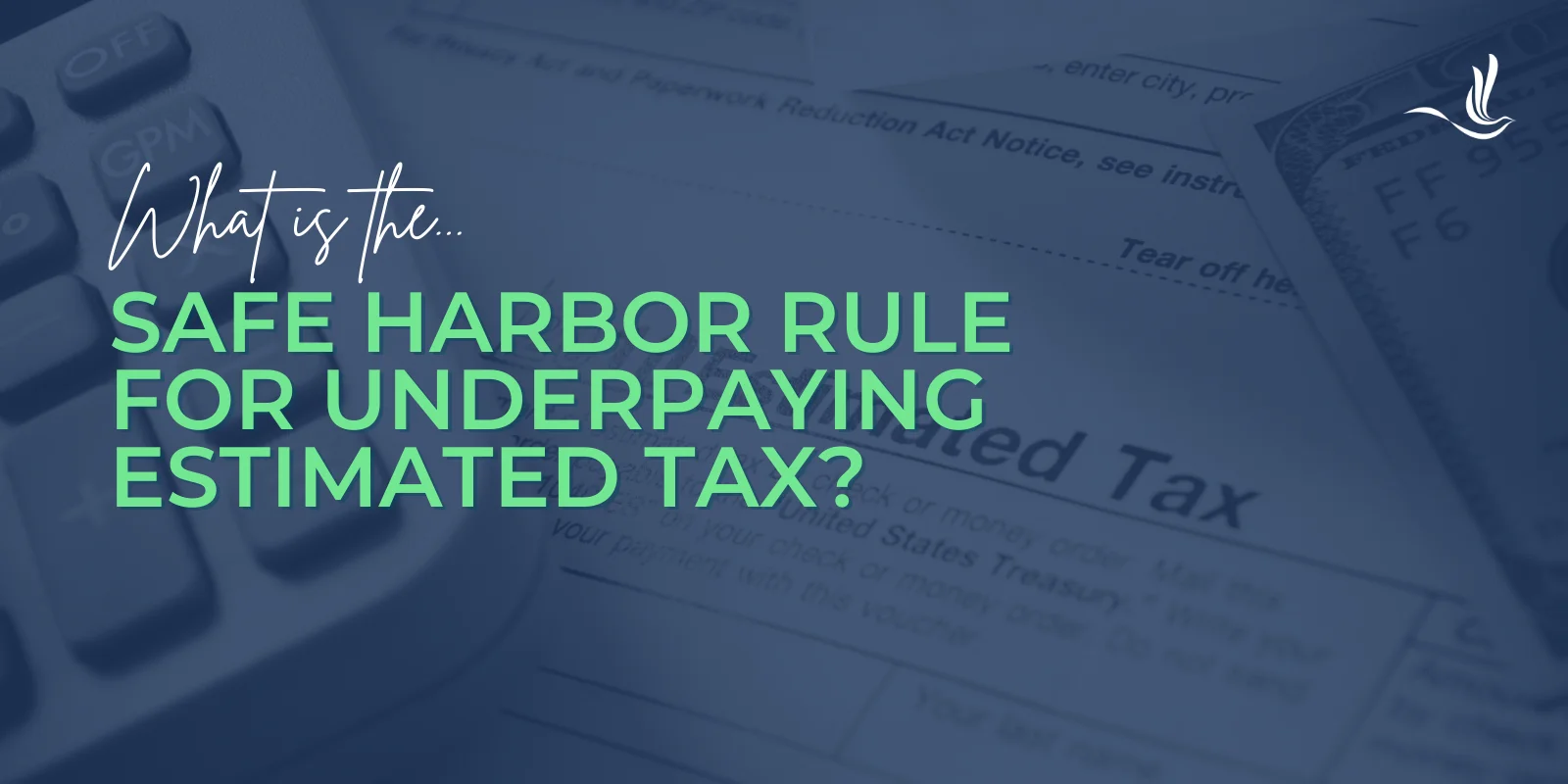You Choose When to Retire
Currently, the qualifying age for the Irish State Pension is 66; however, with Ireland’s population ageing and people living longer, this age is likely to increase in the future. If you’re hoping to retire earlier, say in your early 60s or even late 50s, you’ll need to plan ahead.
One smart way to do this is by maximising your pension contributions, either through Additional Voluntary Contributions (AVCs) if you’re already in a pension scheme, or by starting your own private pension.
With a private pension, you may be able to retire earlier than you think, depending on the specific plan you have. In most cases, you can access your pension benefits any time between the ages of 60 and 75, and in some situations, you might even be able to retire as early as 50.
Many people dream of stepping away from full-time work before the State Pension kicks in. With the right plan and consistent contributions, early retirement can become more than just a dream; it can be your reality.
Private Pensions Come with Tax Benefits
Here’s the bright side: when you contribute to a private pension (like a PRSA or personal pension), you get income tax relief at your marginal rate, which means if you’re on the 40% tax rate, a €100 contribution only costs you €60. Plus, your investments grow tax‑free, something regular savings accounts just don’t do.
Read about 7 Smart Ways to Use Tax Relief to Grow Your Pension in Ireland.
Let Compound Growth Work Its Magic
When it comes to pensions, the earlier you start, the better, and it’s all thanks to the power of compound growth. Simply put, compounding means your money earns returns, and then those returns earn more returns over time. It’s like a snowball effect: the longer your money stays invested, the more it grows, without you having to do anything.
Even if you’re only making small, regular contributions, they can add up significantly over the years. That’s why starting now, even with a modest amount, can make a big difference to your future retirement pot.
A Safety Net for Your Loved Ones
If the worst happens before you retire, having a private pension can mean the difference between financial stress and stability for those you leave behind. The good news is that the full value of your private pension, such as a PRSA or Personal Retirement Bond, can typically be passed on to your estate if you die before retirement. That means your savings don’t vanish: they can help support your family or beneficiaries.
One key step to ensure your wishes are followed: always keep your beneficiary nominations up to date, and consider having a clear will. That way, your pension, an often overlooked but valuable asset, doesn’t fall through the cracks when it matters most.
Read more about What Happens To Your Pension Plan When You Die?
Your Pension Moves with You
One of the key reasons for having a private pension is its portability. Unlike some workplace benefits that stop when you change jobs, a private pension can move with you. Whether you switch employers, change industries, or become self-employed, you can usually continue contributing to the same plan without losing the benefits you’ve already built up. That kind of flexibility keeps your retirement savings on track, no matter where your career takes you.
If you’ve worked in different jobs over the years, you may also have multiple pension pots scattered across old employers. Keeping track of them is important for your financial future. That’s where our pension tracing service comes in; we help you find forgotten pensions and consider consolidating them for a more straightforward, more manageable retirement strategy.
To learn more, read: Pension Tracing in Ireland: Discover Hidden Wealth
Flexible Options When You Retire
Another great reason to have a private pension is the flexibility it gives you when it’s time to retire. When you access your pension, you can usually take out 25% of your pension pot as a tax-free lump sum (up to €200,000). This can be a helpful boost to cover big expenses, pay off debts, or simply enjoy your early retirement years.
With the remaining balance, you can choose how to draw your income, either through an annuity, which gives you a guaranteed income for life, or an Approved Retirement Fund (ARF), which allows your money to stay invested and gives you more control over withdrawals. Having these options means you can tailor your retirement income to suit your lifestyle and financial goals.
To make the most of your retirement and build a strategy that suits your goals, don’t miss our Essential Guide to Pension and Retirement Planning. It’s packed with simple, practical tips to help you understand your options and make informed decisions.
Publisher: Source link










